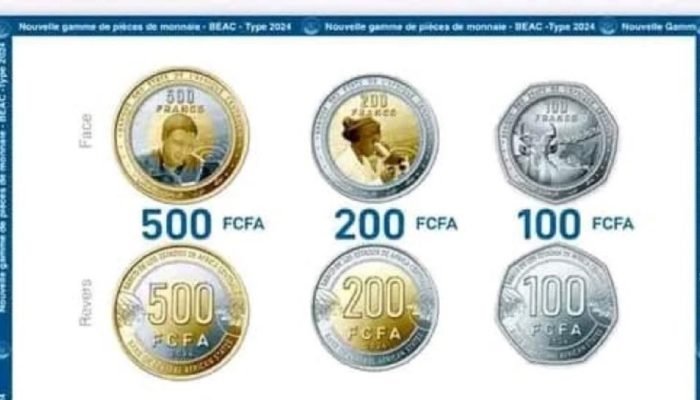Banking regulation has remained rigid for the banking sector in the CEMAC zone. Commercial banks in the sub-region are forced to continue to strictly adhere to the prudent rules that apply to them in the classification and procurement of loans they have granted, an internal document from the Central Bank of Central African States (BEAC) reveals.
“The Central African Banking Commission (COBAC) is avoiding a situation of moral hazard likely to arise from a reduction in the application of prudential rules, in connection with the attractiveness of this type of measures for banks to develop unhealthy practices in terms of credit risk management ”, the note from the monetary issuing institution specifies. Commercial banks will also have to maintain a compulsory level of resources representing 8% of their short-term debt. They are also recommended not to distribute dividends in order to consolidate their equity.

This rigidity is however relaxed by a few measures. COBAC has recognized the possibility for banks to restructure certain debts with solid and reliable companies, which face financial challenges due to the coronavirus. BEAC, for its part, says it is ready to refinance bank debt securities issued from loans to the private sector. It also permanently suspended its liquidity-draining objective, which aimed to limit the risk of pressure on foreign exchange reserves.
This explains the timid approach of CEMAC commercial banks to the exceptional injections of liquidity from the central bank, in accordance with an expectation raised by the Association of Banking Professionals in Cameroon. The cessation of liquidity draw downs has restored a very comfortable excess capital mattress that does not entail charges.
In this logic, it is not interesting to request additional resources which will be expensive, and which will be difficult to place in a context of economic gloom. In addition, the BEAC’s decision to grant a moratorium to its member countries for the repayment of 2,770 billion debts planned for 2020 risks leading to a fall in the issuance of public securities. However, the credit market to the private sector is greatly disrupted by the impact of the coronavirus on the world market.






